Hospice / 临终关怀
Our hospice services include visits to hospital palliative care wards and home visits to patients. We focus on spiritual care and provide daily necessities and grain supplies. (We also provide Non-medical and pharmaceutical services.)
我们的临终关怀服务包括到医院安寧疗护病房探访及上门拜访病人,以心灵关怀,陪伴和提共日用品及粮食物资为主(非医疗与药物服务)。
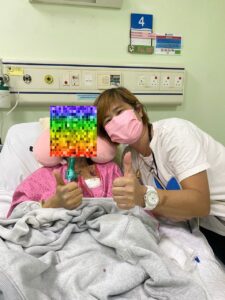
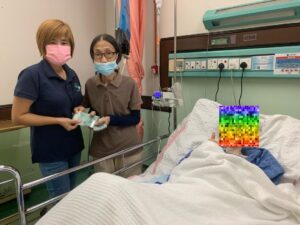
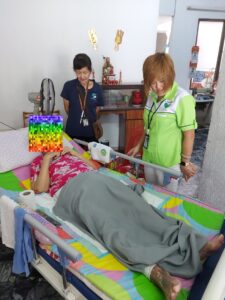
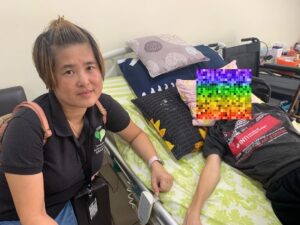
The CCEP Foundation has also set up a “Medical Equipment Assistance Program” for palliative care and hospice care services, to provide the poor with the urgently needed “Oxygen Concentrator” for patients who need short-term and long-term oxygen assistance.
This program has senior specialists as consultants. All patients who need assistance must be recommended by qualified and recognized doctors and must attach a medical report signed by the doctor as proof. The target is to help patients with poor families. At present, charitable organizations that borrow this equipment should not be popular. It is easier to find rental units, but the rent is not cheap. Poor families cannot afford the rent.
CCEP扶贫基金会也为安宁疗护及临终关怀服务项目特别设立了“医疗器材援助计划”, 目的是为贫病者提供迫切需要的“制氣机”(Oxygen Concentrator)。给于短期及长时间需要使用氣气辅助的病人。
此项计划拥有资深的专科医生为顾问医生,凡需要借助的病人必须由合格受承认的医生推荐,并需要附上医生签署的医药报告为凭,对象是帮助家庭贫困的病人。目前有借此器材的慈善单位应该不普及, 租用的反而容易找到,但是租金不便宜, 贫困家庭是没有能力支付租金的。
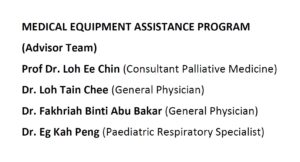
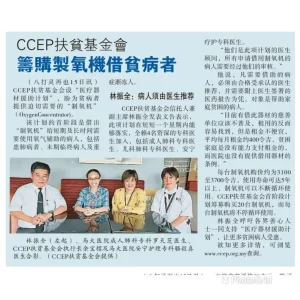
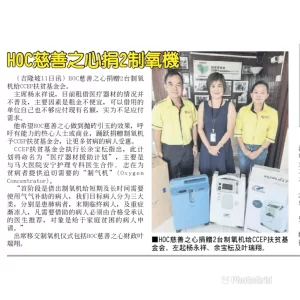
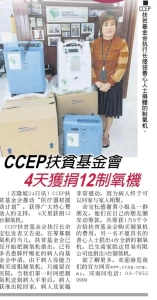
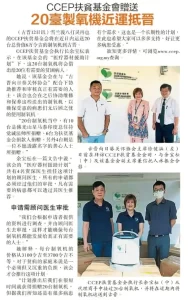
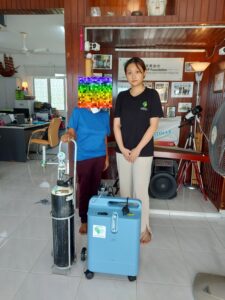

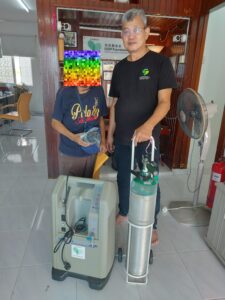
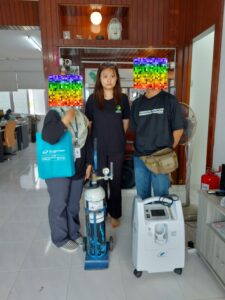
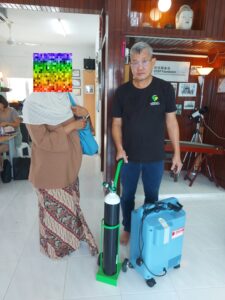
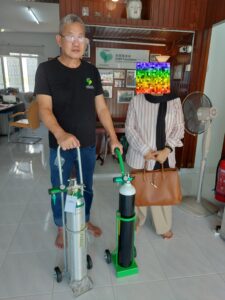
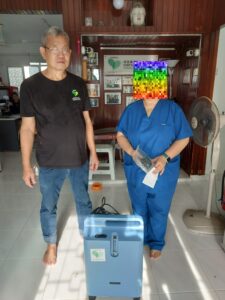
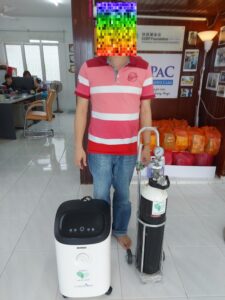
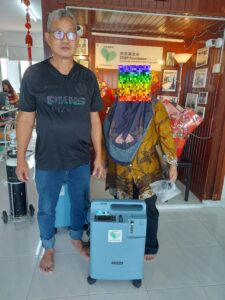
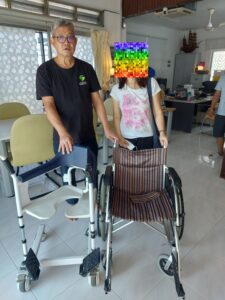
We regularly receive palliative care and hospice training courses and sharing workshops, hoping to get more people to participate and learn about the need for palliative care and hospice services in society. We also provide a directory service to refer patients to NGOs providing palliative and hospice care.
我们定期举办安宁疗护及临终关怀培训课程及分享会,希望让更多人参与,了解社会对安宁疗护及临终关怀服务的需求。我们亦提供目录服务,将病患转介至提供安宁疗护及临终关怀服务的非政府组织。
The Palliative Care and Hospice training courses and sharing workshops will include: –
临终关怀和临终关怀培训课程和分享会将包括:-




This is a realistic problem that everyone will face, and it is also a lesson that everyone needs to explore and learn.
Before the problem comes to us, let us prepare ourselves mentally.
这是每个人都会要面对的现实问题,也是每个人需要探讨和学习的一门功课。
趁着问题还没来到我们身边之前,让我们一起来做好心理准备。
Teaching methods: The course will combine a variety of teaching methods such as theoretical explanations, case analysis and group discussions to enhance participants’ learning experience and practical skills. Through interaction and practice, participants will be able to effectively apply the skills and knowledge they have learned in actual work, and enhance their professional ability and confidence in the field of hospice care.
教学方法:课程将结合理论讲解、案例分析和小组讨论等多种教学方法,以增强参与者的学习体验和实际操作能力。通过互动和实践,参与者将能够有效地应用所学技能和知识于实际工作中,提升其在临终关怀领域的专业能力和信心。
不要临终前才遗憾 多数病人最后悔5件事

(旧金山28日讯)生命可贵,一生人只有一次。美国一名长期照顾癌末病人的医生分享,病患临终前最常后悔的5件事,期盼能借此提醒民众把握当下。
《每日邮报》报导,旧金山一名医生安格莱德多年来陪伴无数病患走过人生最后一程,发现许多人在临终前都会产生共同遗憾。
她表示,许多人往往后悔,没有足够的时间陪伴所爱的人。
第二,过度投入工作。第三,被恐惧绑架而左右决定,错失了勇敢冒险的机会。
她提到,也有不少人面对未知或机会总是裹足不前,不敢轻易踏出舒适圈,错过更多人生可能性,临死前才后悔不及。
第五,人们过度著眼于未来,反而忽略活在当下。
身为医生的安格莱德目睹无数生老病死,称当人们意识到生命即将结束时,才会真正专注于当下。
她强调,无论身处生命的哪个阶段,唯一真正拥有的就是每个当下。
她因此鼓励大家及早正视死亡,珍惜当下,为生活赋予更多的意义与目标。
此外,安宁护士弗拉霍斯也在TikTok上分享了她照顾临终病人的经验,发现许多临终病人后悔将过多时间投入工作,忽略了家人。
真正的珍贵是与亲爱的人一起累积的点点滴滴。
![]()
病人临终前“最后悔5件事” 这个排首位






